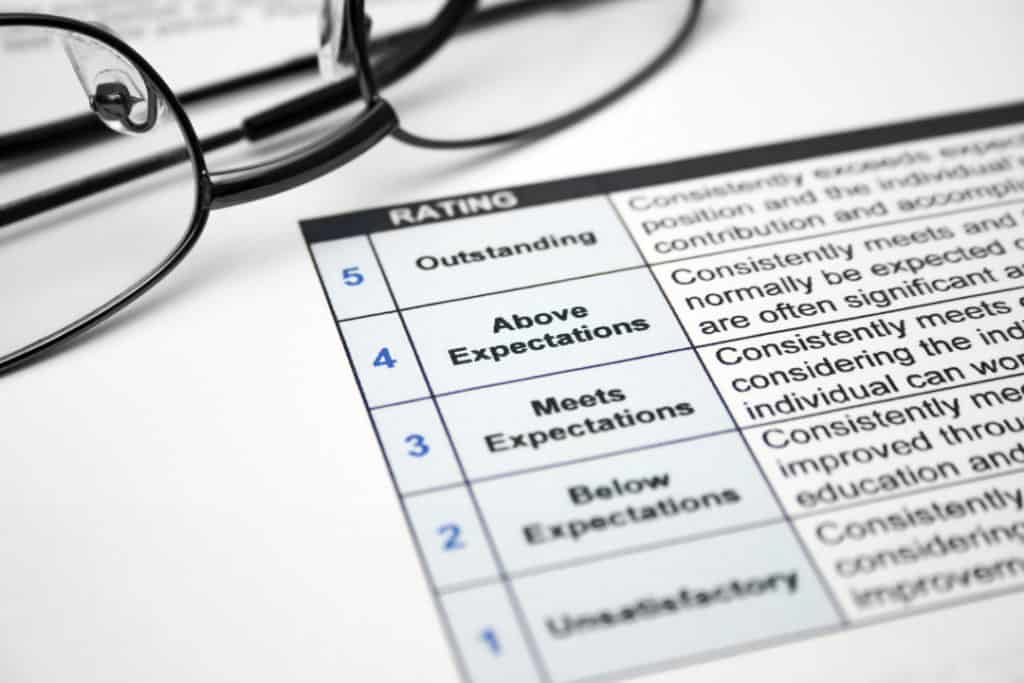Human Resource (HR) has always played a pivotal role in business operations. To date, HR’s active involvement in companies has allowed the rest of the company to focus on and to push business operations. This includes coming up with a set of specific requirements when hiring new staff, coming up with a Key Performance Index (KPI) to determine each employee’s performance at work and ensuring that the company is obeying worker-related regulatory guidelines.
However, businesses, in this day and age, are evolving at a rapidly fast pace. At such a rate, employees will very likely face difficulties in coping with changes. This will indirectly affect the productivity and morale in companies. HR Managers, thus, face a difficult task in balancing between the interests of the company and the employees.
This article highlights some of the major problems faced by HR Managers today.
#1: The Recruitment Process

A company needs a relatively large pool of qualified candidates. And recruiting talents is said to be one of the major challenges facing HR Managers today.
Selecting a candidate with an appropriate blend of skills, personality, and motivation, is a tough process. HR managers often have to identify resumes of qualified candidates, do a comparison to determine who makes the best fit.
Furthermore, HR Managers face the difficulty of maintaining and tracking resumes sent by applicants. Don’t forget the one-on-one interview and answering questions with the individuals. The difficulty also increases when panel interviews take place. Along with administrative work, the going gets tougher in the long run.
#2: Ensuring Productivity

HR managers have many roles to play to ensure effective and efficient productivity in the company.
Offices that rewards employees who stayed late beyond the regular working hours over to their work done, is stumbling for those who are passionate and efficient. This induces much frustration among the employees and causes low morale among them. As a result, the dissatisfaction at the workplace or the scope of work often contribute to low productivity.
HR will then have to step in to facilitate discussion and viable options, as well as manage the expectation.
Furthermore, measuring productive hours and outputs for individual employees in a company is a tedious process. This is more so when employees try to steal time or get their colleagues to time their attendance for them. HR will then need to use effective means to stop the employees from tampering the attendance for accurate productivity hours. Ensuring sustained productivity is always a challenge in a business continuum.
#3: Payroll Responsibilities

There is no doubt about payroll being every individual’s motivation at work. Such a menial task can be a cause of great headaches for HR Managers.
Without an effective and efficient payroll management system, HR Managers will have difficulties keeping track of each worker’s salary. They may end up paying the wrong amount or even forgetting to pay them. Also, HR Managers will need to review the salary packages and benefits to retain suitable talents for the company and its long term growth.
#4: Employee-Management Relationship

In order for a company to operate smoothly and prosper, there is a need for mutual trust and respect in the relationship between employees and the management team.
After all, this is no longer the age of slaves. Companies will award their employees with appropriate remuneration when they perform competently. Of course, such returns do not necessarily have to be money. These could be in the form of welfare benefits such as longer leave limits, healthcare subsidies, car allowance and etc. HR has to facilitate these options.
Also, playing a crucial role in bridging the differences between employees and management, HR Managers has to manage both their interests and expectations to have a good balance for maintaining positive working relationships in the long run.
#5: Performance Appraisal

Companies often need to adapt quickly to the dynamic external environment. So does the organisation’s goals to shift with the market trends. But the business functions and internal coordination within the company are often downplayed and don’t reflect the shifting goals in the organisation. Employees could be assessed by outdated, overdue or irrelevant terms in their KPI, which obstructs them to achieve the stated objectives in their career.
Human Resource Managers do not treat performance appraisal as some form of an annual routine. They understand that, if the employers do not give proper feedback to their employees, this will potentially affect employees’ productivity and the company’s growth in the long term.
Upon consolidating these appraisals at the end of financial years, the implementation and administrative changes will mean more work for the HR people.
#6: Leadership Development

Organisations have to adapt to their environments and prepare adequately for the future. Driven by the direction of the business, companies need leaders to lead the rest toward the specified goal.
In terms of leadership development, HR Managers will help to plan and execute relevant training and managerial development programs to deepen the employees’ skills and knowledge, and to prepare them for the responsibilities in senior positions.
Most importantly, HR Managers have to ensure that these leadership programs provide a valid blueprint for career progression. Otherwise, the regular occurrence of the potential leaders leaving the company will never be mitigated.
But selecting these potential leaders is tough, in the face of many management decisions and more HR work is needed.
#7: Workplace Security

HR Managers will often take the first step in ensuring the company is protected against personal security and access breaches. This could be a situation whereby the company’s data is compromised or even a break-in.
Such breaches are potentially detrimental to the company because it can potentially cause the company to incur huge losses. Security breaches make companies vulnerable and less reliable. A security loophole in databases that resulted in some employees’ or clients’ details being stolen has often led the people, especially the employees, to lose confidence in their companies.
Hence, HR Managers face a growing pressure of deciding an appropriate course of action, with demanding tasks, to protect their company’s image, securing databases and their employees’ well-being.
With all these challenges, are there any answers or solutions to manage this?
As an all-rounder biometric solutions provider, Intercorp often helps HR Managers with tech solutions and eases their daily challenges, especially in handling employees’ administrative matters.
With a centralised digital management system, the Biometric Authentication System provides an efficient system to track the attendance and accurate working hours of the employees, accurately measure productivity, pay the correct salary to employees, while ensuring the highest level of security in your office premises.
Our latest hardware, the Face Recognition Biometrics Scanner, has made controlled access more convenient and secure. This state-of-the-art face recognition scanner seamlessly detects and stores over 6000 unique biometric points on a face. The scanning is so in-depth that it is highly impossible to be tampered with.
If you are looking for an efficient and effective method to solve these problems, you are on the right track. For more information on our products, feel free to contact us.
